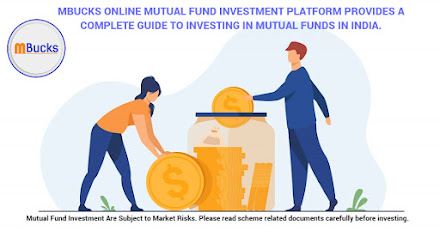What are the best SIP plans?

A Systematic Investment Plan, or SIP, is the best strategy to invest in equity mutual funds to build wealth over time, according to mutual fund investors. It not only encourages people to invest on a regular basis, but it also instills financial discipline in their life. According to AMFI data, SIPs are becoming increasingly popular among mutual fund investors. Because of the growing popularity and awareness of SIPs, we decided to look at equity schemes that have successfully doubled investors' money over time. Largecap, big and midcap, midcap, multi-cap, smallcap, value funds, and Equity Linked Savings Schemes are examples of equity schemes (ELSS). These equity scheme categories follow the Securities and Exchange Board of India's (Sebi) recommendations for re-categorizing mutual funds . Take a look at the schemes listed below that have yielded the best results when invested via SIPs are available for investors with a five-year or ten-year time horizon. Also, keep in mind that...









